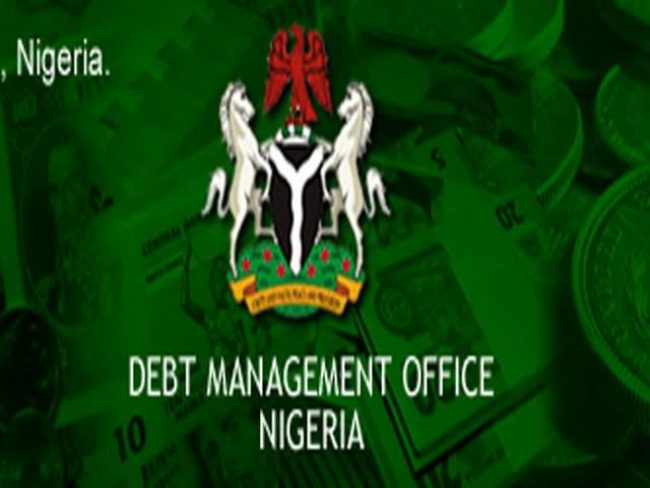

Nigeria has coughed out $1.66bn in one year, from July 2018 to June 2019 to Service its foreign debt, an analysis of data obtained from the Debt Management Office has revealed.
Within the period also Nigeria’s external debt rose from $21.59bn to $27.16bn.
This means that the external indebtedness of the country rose by $5.57bn within the one-year period. This shows an increase of 25.8 per cent.
A breakdown of the debt servicing expenditure shows that the country spent $194.44m in the third quarter of 2018.
In the fourth quarter of 2018, a total of $849.97m was spent on external debt servicing.
In the first quarter of this year, a total of $367.26m was spent on external debt servicing while in the second quarter, a total of $252.3m was spent on it.
The external debt stock as of September 2018 stood at $21.59bn. It rose to $25.27bn as of December 2018.
By March 2019, it moved marginally to $25.61 and moved more significantly to $27.16 in June 2019.
Read Also: $11m Cyber Scam: Court Orders Forfeiture Of Invictus Obi’s N280m To FG
Both the Federal Government and state governments have been ramping on up foreign debts in recent times in a bid to cut down on domestic debt servicing.
Although interests on foreign loans are considered low compared to local loans, the increase in foreign debt commitment has also resulted in increasing foreign debt commitment.
Statistics showed that the country paid $293,003,540 for external debt services in 2012. In 2013, the payment amounted to $297,329,300.
In 2014, a total of $346,723,290 was paid to service external debt.
It came down slightly in 2015 when $331,059,850 was spent and moved up a bit with the payment of $353,093,540 in 2016.
In 2017, the country paid $464.05m in external debt servicing while in 2018, a total of $1.47bn was paid.
The rise in the domestic debt profile of the country has caused increasing concern within and outside government circles because of the high interest rate payable especially on domestic loans.
The International Monetary Fund, for instance, had recently said that the government was spending more than 50 per cent of its resources on debt servicing.
The African Development Bank also raised a similar concern in its 2019 Economic Outlook for West Africa.
However, the Federal Government insists that the country does not have a debt problem but a revenue challenge.
To tackle the challenge, the government has put up a number of measures aimed at increasing the nation’s revenue profile.
Some of the measures include the bill to increase the Value Added Tax from five per cent to 7.5 per cent which was passed by the country’s Senate on Thursday.





















